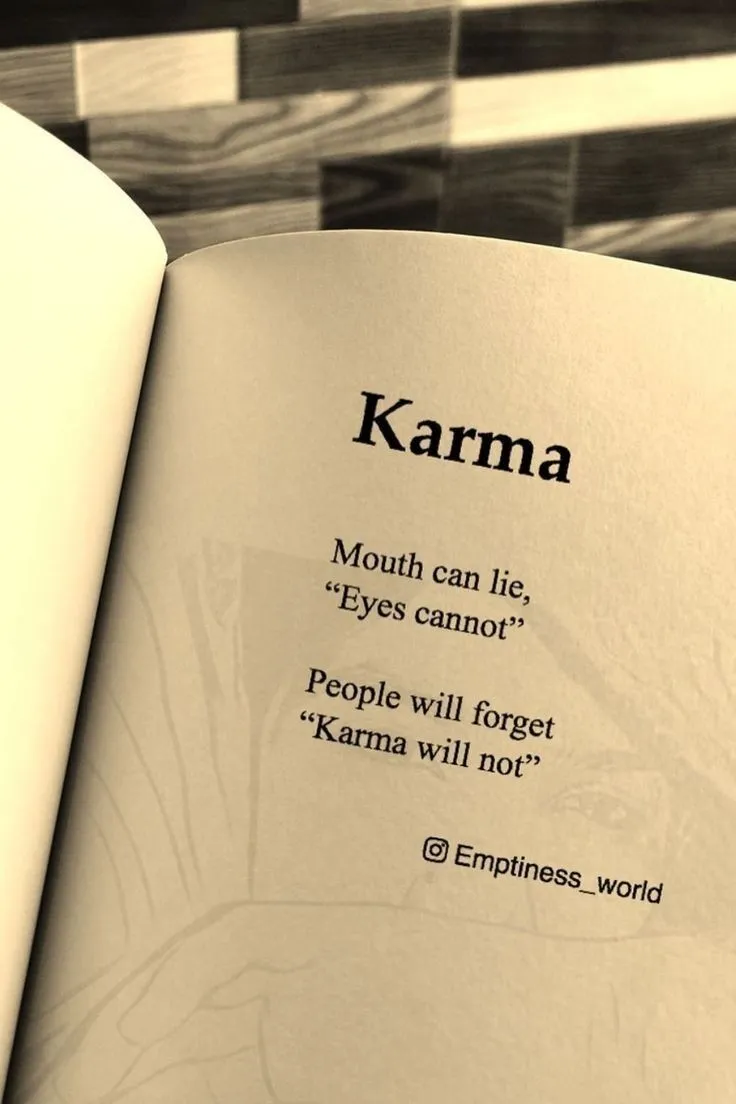
Theory of Karma
What is karma?
Karma is the law of cause and effect is based on one’s actions, thoughts, and intentions. What you sow is what you shall reap. Karma is not fate, but rather the consequences of past and present choices. It is not punishment, but a teacher that offers lessons. As Mr. Sanjiv Malik warns, in Kaliyug, thoughts do not create karma; however, thoughts do leave an impression on the subconscious mind that may lead to actions (karma) in future births.
Personal Karma – Your Actions
- Sanchit Karma – Stored from past lives
(Your full karmic luggage) - Prarabdha Karma – Playing out in this life
(What you’re destined to face now) - Kriyamana Karma – What you’re creating now
(Your current choices) - Aagami Karma – Karma that will bear fruit in the future
(Seeds for future births)
Collective Karma – Group Actions
- Family Karma – Patterns shared by your bloodline
(Inherited habits, blessings, or struggles) - Community Karma – Shared deeds of a village, group, or caste
(Social beliefs, good or bad) - National Karma – A country’s past and present actions
(War, peace, justice, or injustice) - Global Karma – Humanity’s actions as a whole
(Pollution, compassion, disasters, awakening)
How to Reduce Karma
- Naam Jaap – Chant God’s Name with love
Burns karma deeply - Seva – Serve others selflessly
Cuts ego and negative karma - Surrender – Offer all actions to God
No attachment, no karma - Right Living – Be kind, honest, non-violent
Avoids creating new karma - Forgive – Let go of anger and blame
Breaks karmic chains - Satsang – Be with saints or truth
Purifies by grace - Accept – Face life peacefully
Less reaction, less karma - Constant awareness – Witnessing of self and surroundings
Key points about karma:
- Intention matters – not just actions but also your inner motive.
- Thoughts can create karma – negative thoughts can create karma.
- NO karma in pure love – selfless love without expectation creates no karma.
- Guru’s Grace – can remove even heavy karmas.



